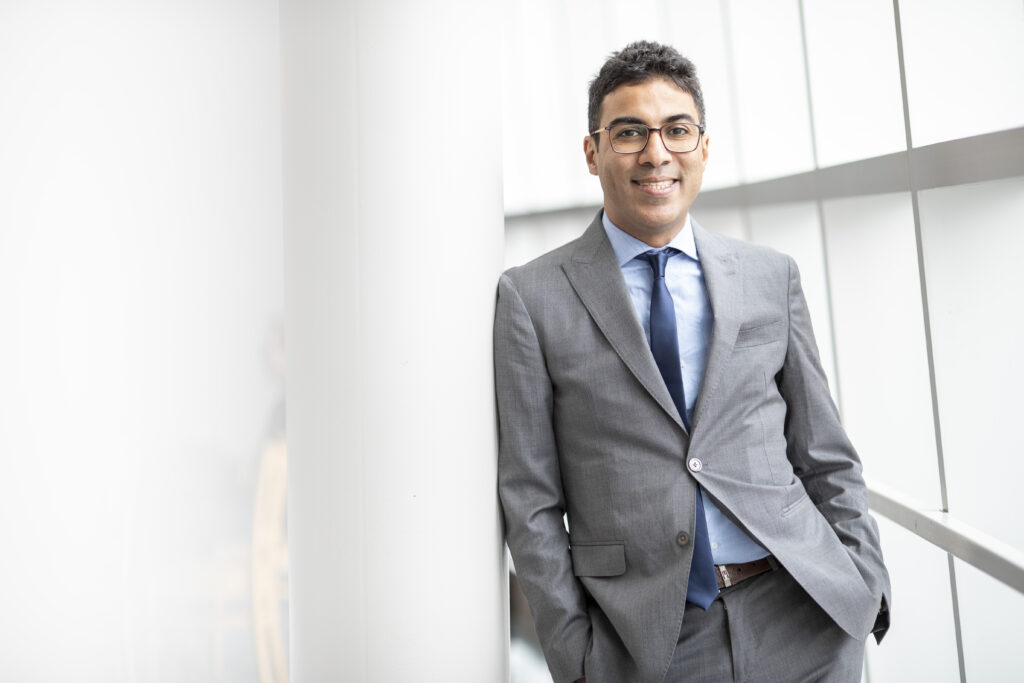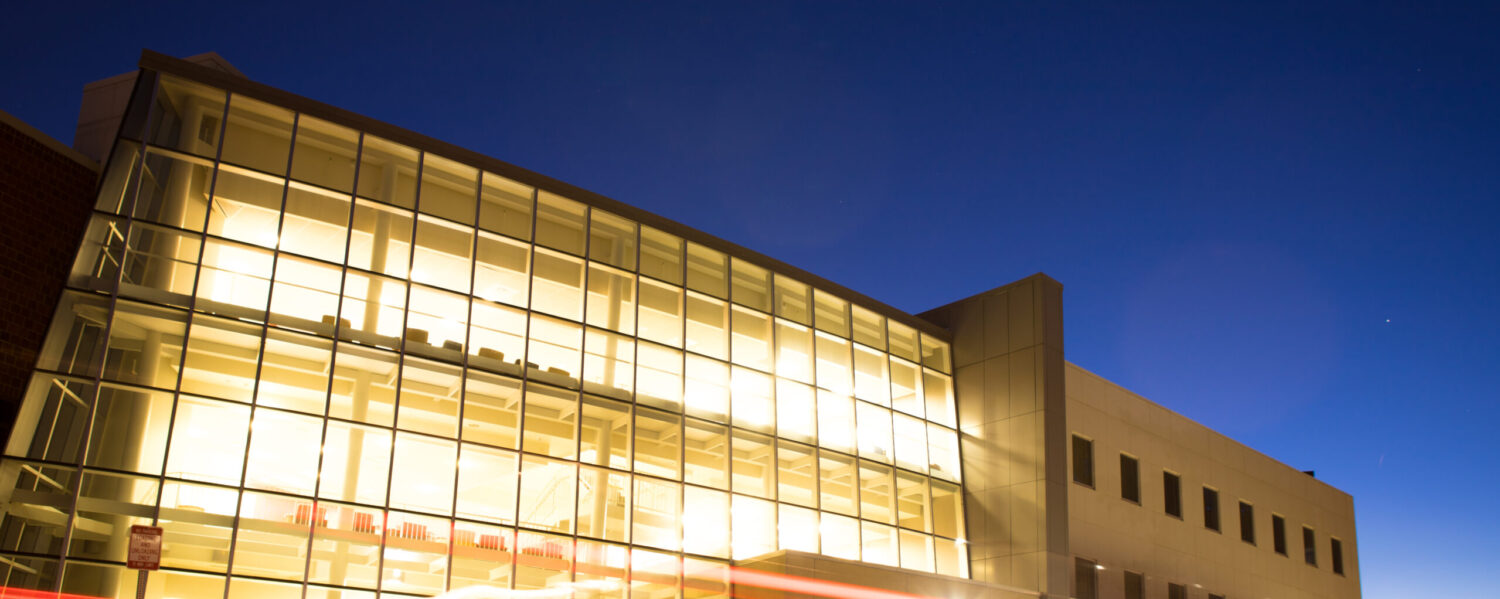Written by: Fouad Laajine
In today’s world, addressing pressing global challenges such as sustainable development and climate change requires interdisciplinary collaboration. While engineers possess technical expertise to innovate solutions, business acumen is equally crucial to implement and scale solutions effectively. MBA programs play a pivotal role in bridging the gap between engineering and business by equipping professionals with the necessary skills, knowledge, and mindset to navigate the complexities of sustainable development initiatives.
Let’s explore how the MBA program at the University at Buffalo complemented my engineering leadership to drive impactful change in the sustainable development sector and tackle climate change issues.
First, the interdisciplinary landscape of the UB MBA program provides a platform for engineers to gain insights into business principles including finance, marketing and strategic management. These topics are an inherent part of the success of any project especially those at the heart of environmental preservation. While every business aims for green investments, it still expects theirs to generate profits.
The UB MBA program emphasizes the integration of sustainability principles into business strategies. Through courses focused on corporate social responsibility, sustainable supply chain management and green innovation, students learn to identify opportunities for sustainable practices within business operations. Engineers trained in MBA programs develop the skills to assess the environmental impact of technological solutions and integrate sustainability criteria into product development processes.
Second, I learned how to leverage an entrepreneurial mindset in order to innovate. Entrepreneurship is a core component of the UB MBA program, providing students with the opportunity to develop innovative solutions to sustainability challenges. Engineers equipped with an entrepreneurial mindset can identify market opportunities for sustainable technologies and lead ventures that address climate change issues. Business acumen gained through the MBA program enables them to develop viable business models, secure funding and navigate regulatory landscapes essential for scaling their ventures.
Third, the UB MBA program incorporates experiential learning opportunities such as consulting projects, internships and case competitions focused on sustainable development. These initiatives bring together students from diverse backgrounds, including engineering and business, to collaborate on real-world challenges. By working on interdisciplinary teams, students learn to leverage each other’s strengths, fostering innovation and creativity in addressing complex sustainability issues.
Finally, MBA programs offer extensive networking opportunities with industry professionals, policymakers and sustainability experts. Through alumni networks, guest lectures and industry events, students can build connections and partnerships essential for driving sustainable development initiatives forward. These networks provide access to resources, mentors and potential collaborators, enhancing the impact of interdisciplinary efforts in combating climate change.
My MBA program is playing a crucial role in bridging the gap between my engineering background and the business disciplines needs in the sustainable development sector. By fostering interdisciplinary collaboration, integrating sustainability into business strategies, promoting entrepreneurial innovation, providing experiential learning opportunities and facilitating networking and partnerships, the UB MBA program empowered me to address climate change challenges effectively. As the demand for sustainable solutions continues to grow, the synergy between engineering and business expertise cultivated through the UB MBA will be instrumental in driving positive environmental and social impact throughout my career.

Bio: Fouad Laajine is an accomplished professional with a diverse background in business, engineering and sustainability. Currently pursuing an MBA at the University at Buffalo as a Fulbright scholar, his goal is to bridge the gap between the corporate world and technical fields, accelerating the transition towards a more sustainable and equitable global society.
Previously, Fouad held the position of Head of Technical Service at the National Office of Electricity and Drinking Water in Morocco, where he gained invaluable experience in the utilities sector. He is an esteemed member of the Chartered Institution of Water and Environmental Management and an alumnus of the US Department of State Professional Fellow Program.
Fouad’s commitment to sustainability is exemplified by his involvement in the Steering Committee for Renewable Energies Decentralization, a joint project between the High Atlas Foundation and Germanwatch. Additionally, he has participated in the renowned European Forum Alpbach, further broadening his perspectives on global issues.
With fluency in English, Arabic and French, Fouad possesses the linguistic skills to navigate diverse cultural and professional settings effectively. In his leisure time, he enjoys traveling, reading, and engaging with new cultures, as well as staying active through running and swimming.
He previously earned a Master of Science in Environmental Engineering from the Imperial College London. He has also been recognized with the Fulbright Scholarship and the Chevening Scholarship, underscoring his academic and professional credentials.
